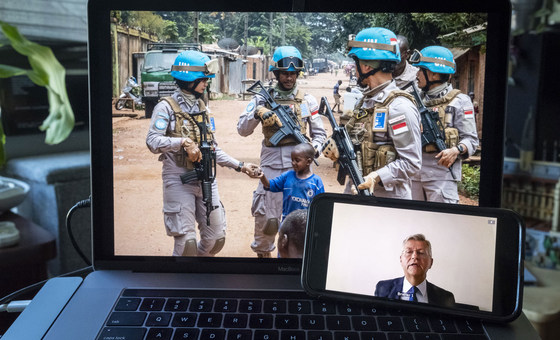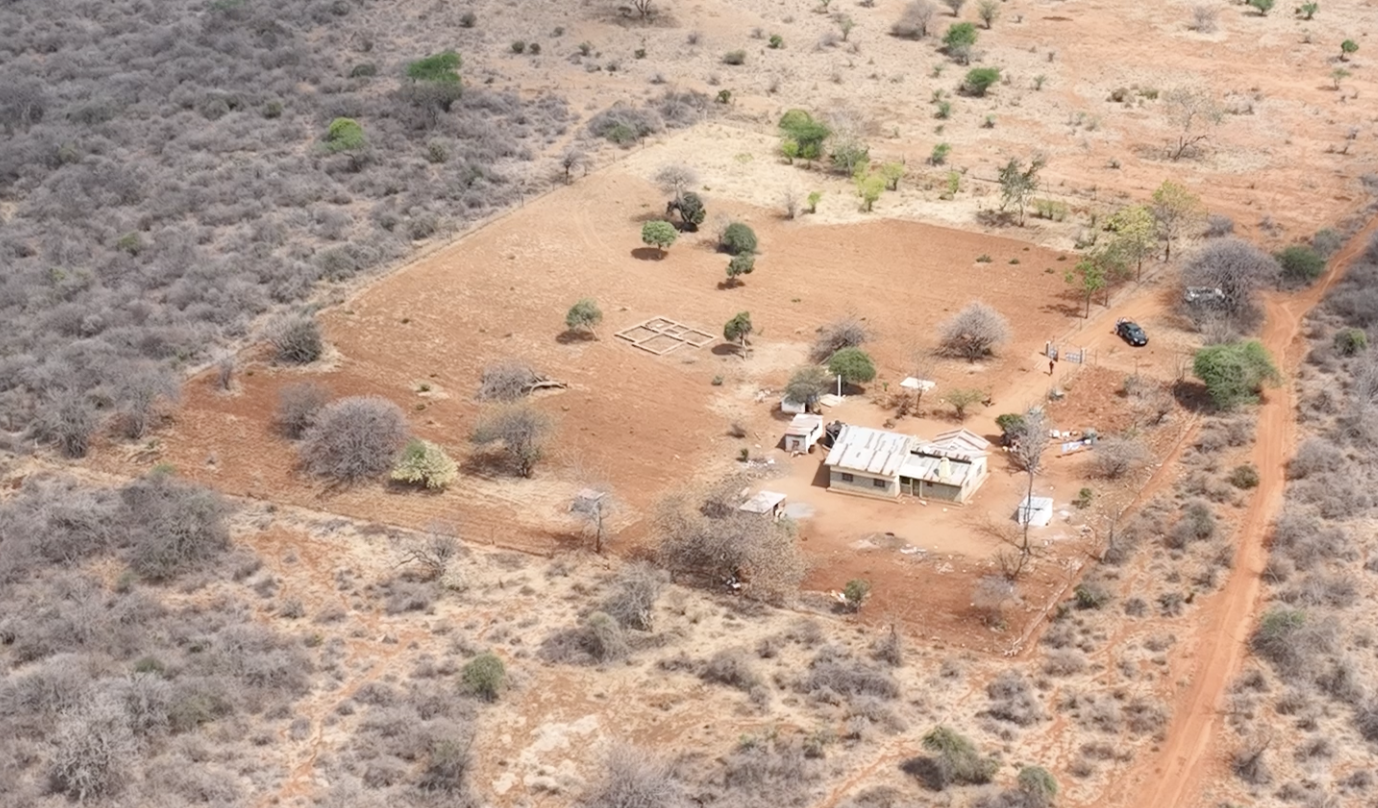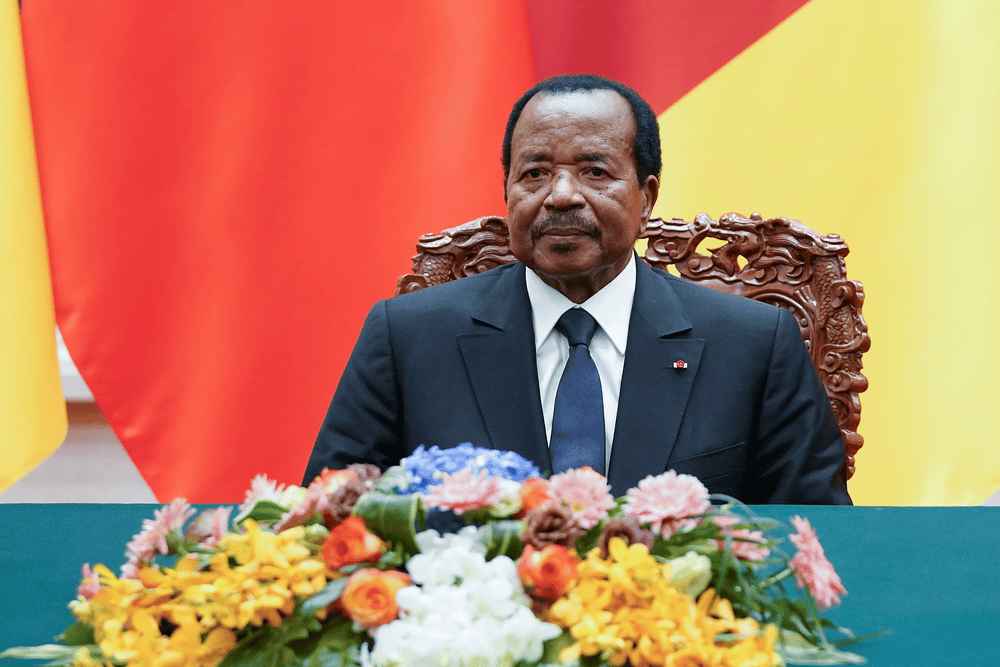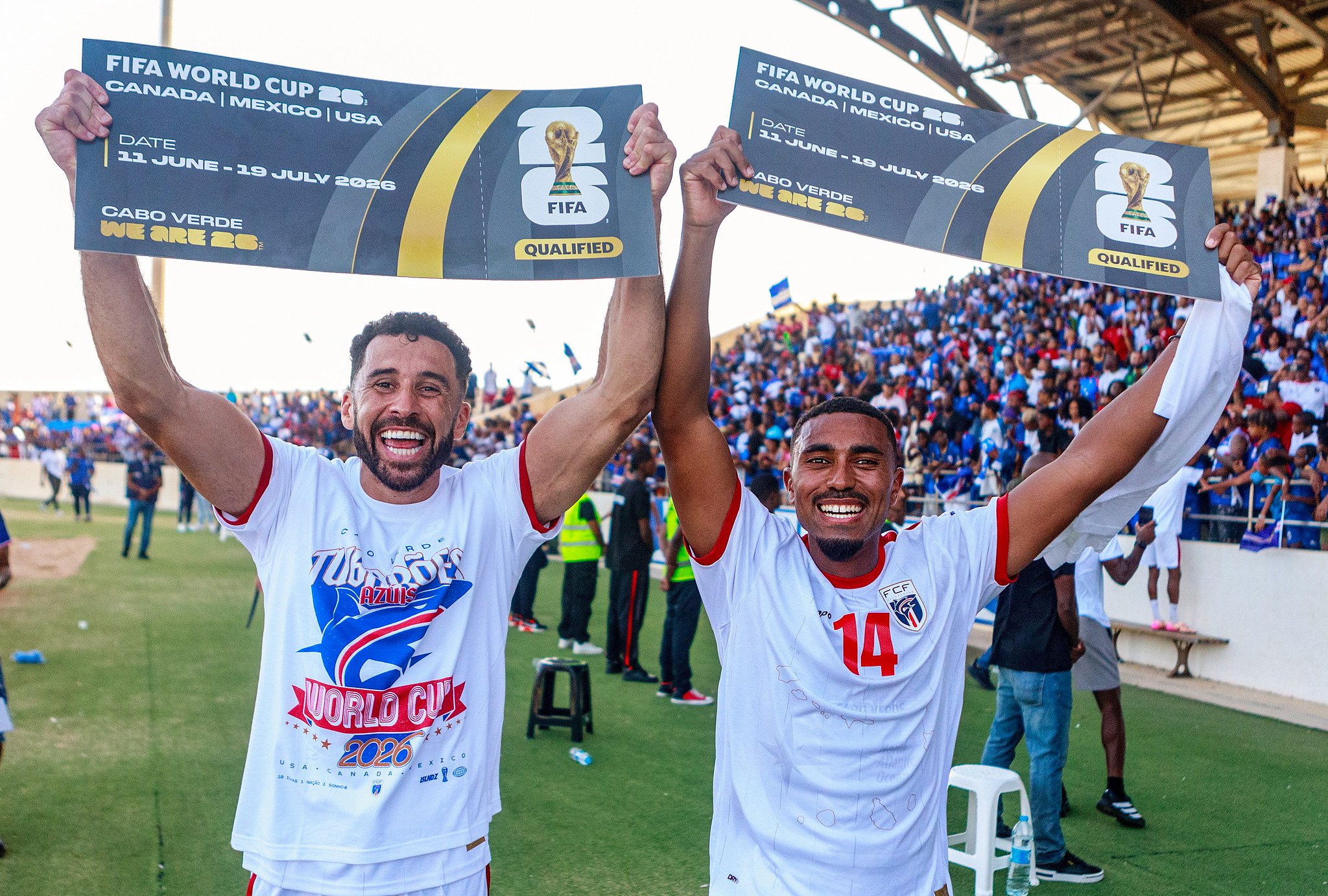
COVID ‘fueling existing vulnerabilities’ in Central African Republic: Lacroix

The Central African Republic (CAR) is making progress as it prepares for presidential and legislative elections in December, but the political situation is still fragile – and security conditions volatile – amidst the ongoing COVID-19 pandemic, UN peacekeeping chief Jean-Pierre Lacroix said on Monday.
Briefing the Security Council, Mr. Lacroix strongly condemned Sunday’s ambush in the west of the country, on a joint UN Mission (MINUSCA)-National Defence Forces patrol, by suspected members of the Retour, Réclamation et Rehabilitation (3R) armed group. Two soldiers from the national force were killed, and seven wounded.
“The pandemic is exacerbating existing vulnerabilities”, said the Under-Secretary-General for Peace Operations, as he presented the Secretary-General’s latest report on the UN Stabilization Mission in the Central African Republic.
Despite great strides in implementing the Political Agreement for Peace and Reconciliation, signed in Bangui on 6 February 2019, that milestone text remains fragile – and the upcoming elections will be a test for all.
“We must therefore redouble our collective efforts in support of peace and stability across CAR, including by making full use of our respective leverage,” he said, adding that the Council’s active engagement remains essential to avoid losing the hard-won gains made since MINUSCA deployed in 2014.
He told the Council – meeting via video-teleconference due to the coronavirus – that political parties are forming coalitions, ramping up public statements, announcing presidential candidates and challenging legal frameworks for the elections.
Political tensions were amplified when a group of parliamentarians moved to extend the tenures of President Faustin-Archange Touadéra and the National Assembly should “unforeseen circumstances” force the elections to be put off; an idea that the Constitutional Court rejected on 5 June, Mr. Lacroix said.
MINUSCA chief encouraging dialogue
MINUSCA chief Mankeur Ndiaye is working closely with partners to encourage political dialogue and support an environment conducive to peaceful, free and inclusive elections, Mr. Lacroix said, but national actors must do more to engage with each other directly, and refrain from destabilizing actions, he added.
MINUSCA is supporting electoral preparations, which on Monday saw the launch of voter registration, but the question of whether refugees can vote, remains unresolved. At the same time, the United Nations Development Programme (UNDP) basket fund for the Central African Republic, remains short by some $10.5 million.
Violence continues in the background
On the security situation, Mr. Lacroix said that some armed groups that signed the Political Agreement for Peace and Reconciliation have acknowledged the Secretary-General’s call on 23 March for a global ceasefire, while at the same time using violence for their own expansionist aims.






